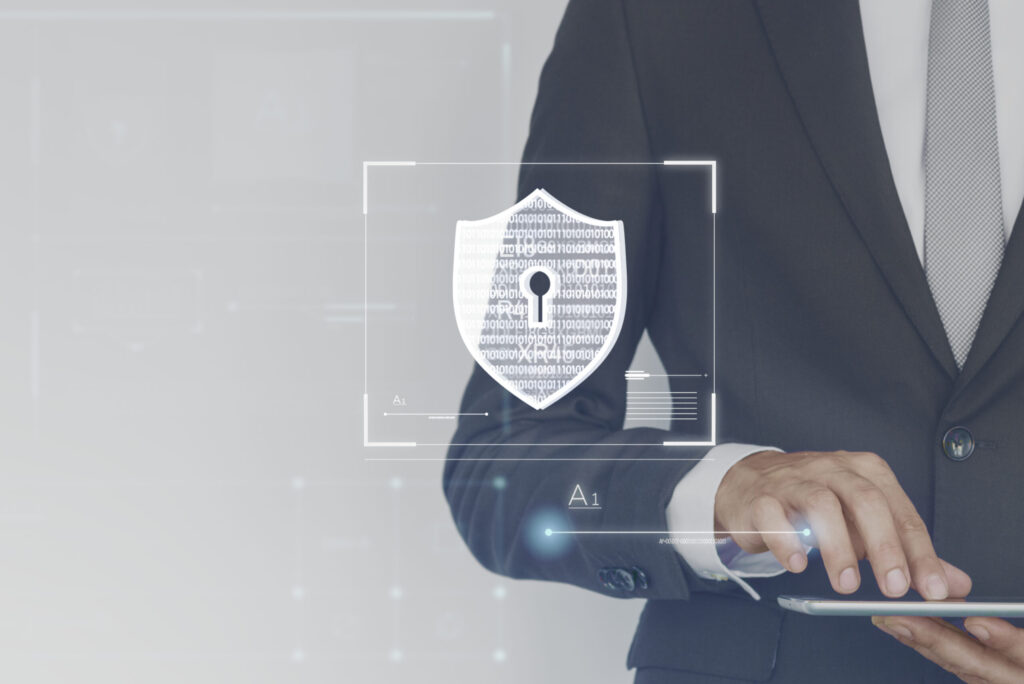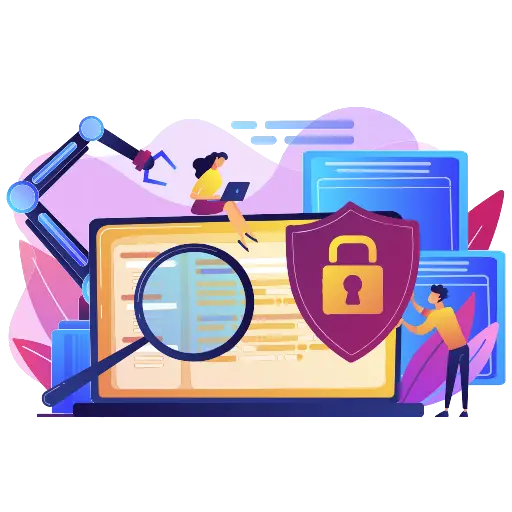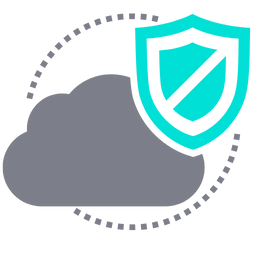IT Security Audit for Companies
An IT security audit helps assess real resilience to attacks, detect vulnerabilities,
and ensure compliance with audit requirements – before an incident occurs.
Is your company truly secure?
An IT Security Audit reveals more
unknowns than certainties
Many companies discover security gaps only after an incident. Threats often hide in systems, procedures, and employee actions.
An IT security audit helps uncover those weak spots before a hacker, regulator – or plain chance – does.

You’ve implemented security measures – but do you really know if they work?
Many companies assume everything is fine – until something goes wrong. Outdated procedures, misconfigurations, or lack of security testing are hidden risks that often go unnoticed. An audit helps verify and confirm that your protection not only exists – but works as it should.


You think your data is secure – but do you really know who has access?
Often, sensitive data is accessible to people who shouldn’t have it – former employees, external vendors, or entire departments “just in case.” Lack of control and oversight over permissions is one of the most common threats. An audit helps you verify and organize access before a leak or mistake occurs.


System failure, ransomware attack, human error – are you prepared?
Many companies have no crisis response plan. No backups, no contingency strategies, no incident procedures. Response time is critical – and without a plan, every minute means stress, confusion, and losses. An audit reveals what works and what needs urgent fixes – before something serious happens.


GDPR, ISO 27001, NIS2, industry regulations – is your company truly compliant?
Many organizations assume they’re covered… until an inspection, external audit, or incident occurs. Missing documentation, improper procedures, or lack of access control are the most common causes of penalties and corrective actions. An IT security audit helps you prepare for legal requirements and operate by the rules – before things get stressful.


COMPREHENSIVE IT SECURITY AUDIT
Discover the state of your IT environment
Before investing in new solutions, check if your current security measures truly work. You might find that improving what you already have is enough.


Proven
protections
We analyze gaps and procedures that are supposed to protect your company – or just appear to.

Lower costs, more control
An audit reveals where you’re overspending on unnecessary licenses and services.

Security that grows with your business
The audit will show whether your IT infrastructure can keep up with your company’s growth.
ARE YOU SURE YOUR DATA IS SAFE?
Order an IT Security Audit
Don't wait for something to happen. One mistake, a careless click, or an unpatched vulnerability could cost you data, clients, and reputation.
An IT audit helps identify threats before cybercriminals do.

What exactly does a security audit include?
We examine not just IT, but also processes, people, and data.
We analyze not only your systems, but also how your company operates day-to-day – from configurations to employee habits. This lets us identify real risks and specific areas for improvement.
-
SQL Injection vulnerabilities
-
XSS – Cross-Site Scripting
-
CSRF – Cross-Site Request Forgery
-
XXE – XML External Entity attacks
-
Authorization and authentication flaws
-
Session and cookie management issues
-
Misconfigurations (e.g. missing security headers)
-
Unauthorized access to APIs and endpoints
-
Lack of rate limiting / request throttling
-
Exposure of sensitive data (e.g. logs, debug info)
-
OWASP Top 10 compliance testing
-
Application log review for anomalies and attack attempts
-
Identification of open ports and services
-
Verification of firewall, router, and VPN configurations
-
Assessment of network segmentation and isolation
-
Evaluation of remote access security
-
Vulnerability testing of network devices
-
Compliance analysis with current security standards
-
Assessment of logging and authentication mechanisms
-
Verification of appropriate privilege assignments to accounts
-
Review of unused and excessive accounts
-
Analysis of password policies (complexity, rotation, storage)
-
Review of access to critical systems and corporate resources
-
Recommendations for implementing MFA and password managers
-
Evaluation of existing information security policies
-
Compliance check with GDPR, KNF, ISO 27001 requirements
-
Verification of incident response procedures
-
Analysis of business continuity and disaster recovery plans (BCP/DRP)
-
Audit of the IT risk management system
-
Review of documentation currency and staff training
-
Verification of backup policy
-
Review of backup schedules and recovery testing
-
Assessment of backup protection against ransomware and unauthorized access
-
Analysis of data location and redundancy (on-premises / cloud)
-
Test data recovery – verification of procedure effectiveness
-
Evaluation of automation and reporting in backup processes
-
Analysis of employee awareness of cybersecurity threats
-
Evaluation of available educational materials and training programs
-
Simulated phishing attacks and social engineering tests
-
Verification of incident reporting procedures
-
Recommendations for security culture and internal communication
-
Verification of system and application updates
-
Review of user privilege levels
-
Assessment of antivirus and EDR/XDR protection
-
Management of removable media and USB ports
-
Security of laptops, mobile devices, and remote work
-
Assessment of cloud service configurations (e.g. Microsoft 365, AWS, Google Workspace)
-
Verification of access policies and user roles
-
Encryption of data at rest and in transit
-
Monitoring of logs and activity in the cloud environment
-
Compliance with GDPR, KNF, and ISO requirements
Step-by-step IT security audit process
A clear process. No guesswork.
From the first call to the final report – we work fast, clearly, and without unnecessary formality.
Here’s what working with us looks like:

Consultation and goal definition
A short conversation about your company and audit goals. We want to understand your specific context.

Environment analysis
We gather information about your infrastructure, systems, and data. The more we know, the better.

Testing and verification
We run tests – both technical and procedural. We identify gaps, errors, and threats.

Report and recommendations
You receive a clear report with findings and practical recommendations on what to fix first.

Consultation and discussion
We meet to explain the results and help prioritize actions that really matter.

Support with implementation
If you want – we help implement the solutions that truly improve your security.
Most frequently asked questions
about IT Security Audit
Before deciding on an IT security audit, it’s worth understanding a few key details.
Here are the most common questions we hear from business owners and IT teams.
